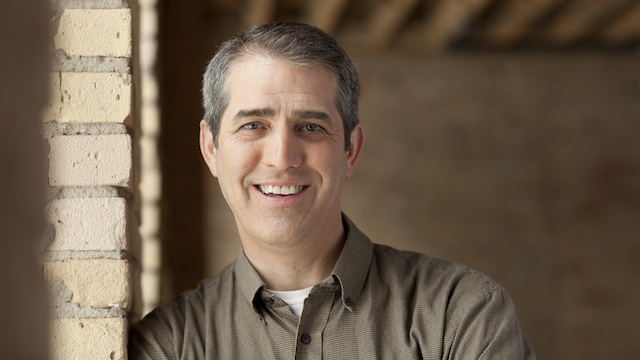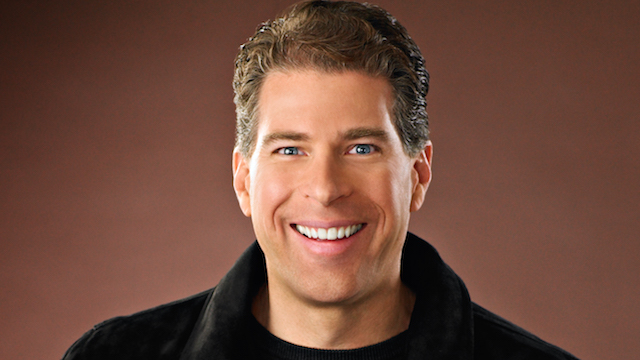Podcast: Play in new window | Download
Subscribe: RSS
At the end of this podcast, I joke, “I can retire the podcast now!”
Don’t worry … I don’t plan to retire it. But I probably could, now that I have interviewed one of the most revered and decorated storytellers ever.
My guest for Episode #40 is Boyd Huppert.
The feature reporter for KARE-TV in the Twin Cities is known nationwide for his absorbing and touching stories, which regularly find their way to NBC Nightly News and the Today Show. For many in local TV, Huppert is an idol — the man whose career and talents we all dream of having. I can’t think of a single storyteller who does it better.
In recent years, Huppert has also become known as a teacher. He works with stations worldwide, speaks at conferences, and last year even gave a TED Talk:
Huppert will also, I’m proud to announce, be the keynote speaker at this year’s NPPA Southeast Storytelling Workshop, being held in Atlanta June 10th and 11th. I am organizing and co-hosting the conference with photojournalist (and one-time podcast guest) John Kirtley of WLOS-TV in Asheville. We welcome anyone looking to improve as a storyteller and receive inspiration from some of the best in the country, particularly our keynote speaker.
Click here to learn more and register for the conference, Feel free to e-mail me with questions at the address below. In the meantime, enjoy this podcast with a legendary storyteller who speaks about his background, offers advice for getting the most out of workshops, and gives his insights and tips for young journalists.


